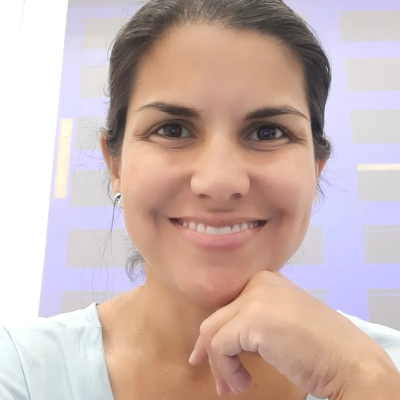6 Tips for Pursuing a Career as An Otolaryngologist
Embarking on a career in otolaryngology requires dedication, skill, and a passion for improving patients' quality of life. From mastering complex head and neck anatomy to embracing cutting-edge technologies, aspiring ENT specialists face a challenging yet rewarding path. This guide offers essential tips for those considering this dynamic medical field, emphasizing the importance of hands-on experience, communication skills, and interdisciplinary collaboration.
- Pursue Observerships to Explore ENT Specialty
- Enhance Communication Skills for Patient Care
- Master Head and Neck Anatomy
- Develop Precision Through Manual Dexterity Practice
- Embrace Technological Advancements in Otolaryngology
- Foster Interdisciplinary Collaboration Skills
Pursue Observerships to Explore ENT Specialty
I would explain that otolaryngology is one of the specialties that combines both clinical and surgical procedures, so if you want to dedicate yourself to only one medical specialty, it is better to choose another. Perhaps it would be beneficial for the interested student to seek an observership or an internship before making this decision.
On the other hand, I would say that ENT (Ear, Nose, and Throat) is a beautiful branch of surgery with very interesting procedures. You'll have the chance to learn so much about these organs, and when finishing the specialty, you can deepen your expertise by pursuing a fellowship in the area that you enjoy the most.

Enhance Communication Skills for Patient Care
Otolaryngologists need to excel in communication to provide the best care for their patients. Clear and empathetic communication helps in explaining complex medical conditions and treatment plans to patients and their families. It also aids in gathering important medical history and symptoms from patients. Good communication skills extend to collaborating with other healthcare professionals, ensuring a holistic approach to patient care.
Developing these skills takes time and practice, but it's crucial for building trust and rapport with patients. Aspiring otolaryngologists should actively seek opportunities to improve their communication abilities through various means. Consider enrolling in communication workshops or seeking mentorship to enhance these essential skills.
Master Head and Neck Anatomy
A deep understanding of head and neck anatomy is crucial for success in otolaryngology. This knowledge forms the foundation for accurate diagnoses and effective treatments of ear, nose, and throat conditions. Mastering the complex structures and their interactions in this region enables otolaryngologists to perform intricate surgeries with precision. It also helps in interpreting medical imaging and test results more effectively.
Continuous study and revision of anatomical knowledge is necessary to stay sharp in this field. Aspiring otolaryngologists should dedicate significant time to studying anatomy through various resources. Consider using 3D models or virtual reality tools to enhance your understanding of head and neck structures.
Develop Precision Through Manual Dexterity Practice
Manual dexterity is a key skill for otolaryngologists performing delicate procedures. The ability to manipulate small instruments with precision is essential when working on sensitive areas like the ear canal or nasal passages. Developing steady hands and fine motor control can greatly improve surgical outcomes and patient safety. Regular practice of fine motor skills, even outside of medical procedures, can help enhance this ability.
Engaging in activities that require hand-eye coordination and precise movements can be beneficial. Aspiring otolaryngologists should seek opportunities to practice and refine their manual dexterity skills. Consider taking up hobbies like model building or playing a musical instrument to improve your hand coordination and precision.
Embrace Technological Advancements in Otolaryngology
Staying current with technological advancements is vital in the rapidly evolving field of otolaryngology. New diagnostic tools, surgical techniques, and treatment methods are constantly being developed. Keeping up-to-date with these innovations allows otolaryngologists to offer the best possible care to their patients. It also helps in improving efficiency and accuracy in diagnoses and treatments.
Continuous learning and adaptation to new technologies are essential for long-term success in this field. Attending conferences, participating in workshops, and reading current medical literature are great ways to stay informed. Make it a priority to regularly explore and learn about new technologies in otolaryngology to enhance your practice.
Foster Interdisciplinary Collaboration Skills
Building strong interdisciplinary collaboration skills is essential for providing comprehensive care in otolaryngology. ENT conditions often intersect with other medical specialties, requiring a team-based approach for optimal patient outcomes. Effective collaboration ensures seamless patient care, from diagnosis to treatment and follow-up. It also fosters a more holistic understanding of complex cases and can lead to innovative treatment approaches.
Developing these skills involves open communication, respect for other specialties, and a willingness to learn from colleagues. Aspiring otolaryngologists should actively seek opportunities to work with professionals from various medical fields. Engage in interdisciplinary case discussions and collaborative research projects to strengthen your teamwork abilities.

